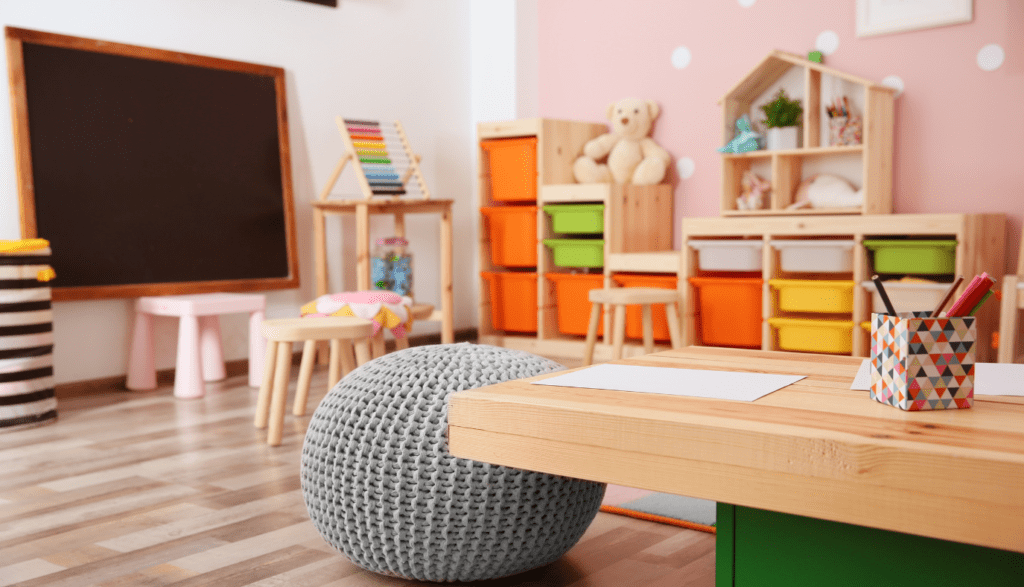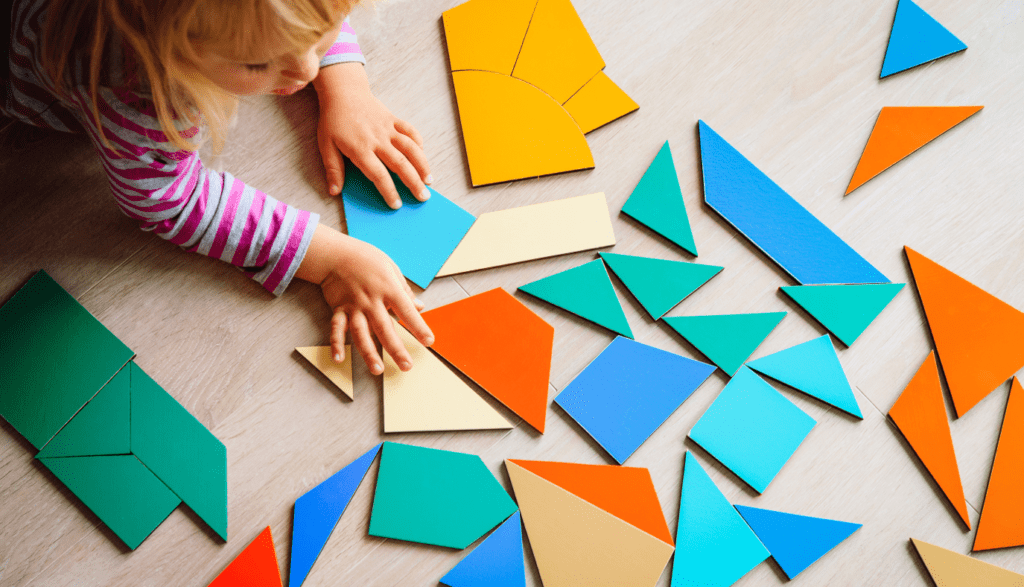Why Don’t Toddlers Play With Their Toys? 10 Real Reasons + Easy Fixes
Ever feel frustrated when you spend good money on toys—only for your toddler to ignore them completely?
Many parents ask themselves why don’t toddlers play with their toys, even when they seem perfectly suited for their age.
You’re not alone. One of the most common concerns parents have is: “Why doesn’t my toddler play with their toys?” In this post, we’ll dive into the real reasons behind this behavior and—most importantly—how to help your child re-engage with play in a meaningful way.
Heads up: This post may include affiliate links. As an Amazon Associate, I earn from qualifying purchases—at no extra cost to you. Full privacy policy and disclosure here.

Why Don’t Toddlers Play With Their Toys?
If you’re wondering why don’t toddlers play with their toys, it might be as simple as having too many options available.
1. They’re Overwhelmed by Too Many Choices
Toddlers don’t need 50 toys to stay entertained. In fact, toy overload often leads to decision paralysis. When everything’s visible, nothing feels special.
Try this: Rotate toys weekly. Keep just a few options out at a time—preferably 4–6. This keeps toys feeling “new” and encourages deeper play.
🛒 Recommended product: Storage bins for toy rotation
2. The Toys Aren’t Developmentally Appropriate
One of the top reasons why toddlers don’t play with their toys is because they’re not matched to their developmental stage.
If the toy is too advanced or too simple, your child might lose interest quickly. A 2-year-old won’t build with tiny LEGO bricks but may enjoy stacking chunky blocks.
Solution: Choose toys based on your child’s current skills and interests, not just age on the box.
🛒 Top pick: Melissa & Doug Wooden Blocks Set
3. They Don’t Know How to Use the Toys Yet
Sometimes the answer to why your toddler won’t play with their toys is that they haven’t learned how to engage with them yet.
Independent play is a skill. If your toddler has never seen how to play with a toy, they might just leave it on the shelf.
Play tip: Sit down and model the play—just for a few minutes. Toddlers learn best by watching you.
4. They Crave Connection, Not Just Entertainment
Sometimes, it’s not about the toy—it’s about you. Your toddler might ignore toys because they want your attention, not distraction.
💡 Try: Schedule special “floor time” each day, even just 10–15 minutes where you let your child lead the play.
📖 Related post: How to Get Toddler to Listen Without Yelling
5. The Toy Doesn’t Invite Open-Ended Play
Battery-operated toys with flashing lights do all the “playing,” leaving nothing to the imagination. But toddlers thrive on open-ended play—like pretend food, dolls, or blocks.
Best open-ended toys:
6. They’re Just Not Ready for Solo Play Yet
Why don’t toddlers play with their toys on their own? They might just need your presence nearby to feel secure enough to engage.
Some toddlers simply need more time to develop independent play skills. This doesn’t mean anything is wrong.
Start small with 3–5 minutes of solo play while you’re nearby. Gradually increase the time.
Open-ended toys often solve the mystery of why your toddler won’t play with their toys—they spark creativity rather than passive use.
7. They’re Not Getting Enough Physical Activity
Parents frustrated by why toddlers don’t play with toys often find that screen habits are a major barrier.
Toddlers who don’t move enough may struggle to settle into play. Their bodies need action before their brains can focus.
🛒 Active toys to try:
📖 Related post: The Best Active Toys for Toddlers
8. They’re Too Used to Screens
If your toddler is used to fast-paced screen content, toys might feel… boring. Screens flood their brains with dopamine. Regular toys just can’t compete.
Reset tip: Try a week-long screen break and watch their play skills improve drastically.
📖 Helpful read: 19 Calming Low-Stimulation Shows for Toddlers
9. They’re Dealing With Big Emotions
Toddlers may withdraw from play when they feel anxious, tired, or overwhelmed. Emotional regulation skills are still developing at this age.
📖 Explore this next: How to Calm an Emotional 6-Year-Old
10. The Environment Isn’t Set Up for Play
Is the space cluttered, noisy, or stressful? Kids need a calm, welcoming environment to settle into creative play.
🛒 Simple upgrades:

How to Encourage Your Toddler to Play More
✅ Create a toy rotation system
✅ Choose open-ended, age-appropriate toys
✅ Sit down and model how to use them
✅ Prioritize your toddler’s need for connection
✅ Build independent play gradually
You’ll be amazed at how these small changes can reignite your child’s curiosity and imagination.
Related Posts You’ll Love
- Montessori Toys for Toddlers
- Why Do Toddlers Stop Playing With Toys?
- STEM Toys for Toddlers
- Why Toddlers Throw Toys (and What To Do)
FAQs About Toddlers Not Playing With Toys
Is it normal for toddlers not to play with toys?
Yes! It’s very common, especially during growth phases or emotional transitions. Often it’s just a signal to simplify or adjust the environment.
How long should a toddler play alone?
Start with 5–10 minutes, and build up to 20–30 minutes by age 3–4.
What’s the best way to rotate toys?
Keep 4–6 toys out, and store the rest. Swap weekly or biweekly to maintain interest.
Should I be worried if my child prefers playing with household items over toys?
Not at all—pots, spoons, and boxes are often better for creativity!
Freebie: Toy Rotation Printable
🎁 Organize your playroom like a pro!
Download my Simple Toy Rotation Checklist—perfect for busy moms.
Click here to download the printable (PDF)
Final Thoughts
Understanding why don’t toddlers play with their toys is the first step to setting up a home that encourages joyful, independent play
If you’ve ever asked yourself “why doesn’t my toddler play with their toys?”—you’re not alone.
With a few small shifts to your routine, environment, and expectations, you can help your child rediscover the joy of play. Remember, it’s not about more toys—it’s about the right toys, the right setup, and a little parent-led support.

